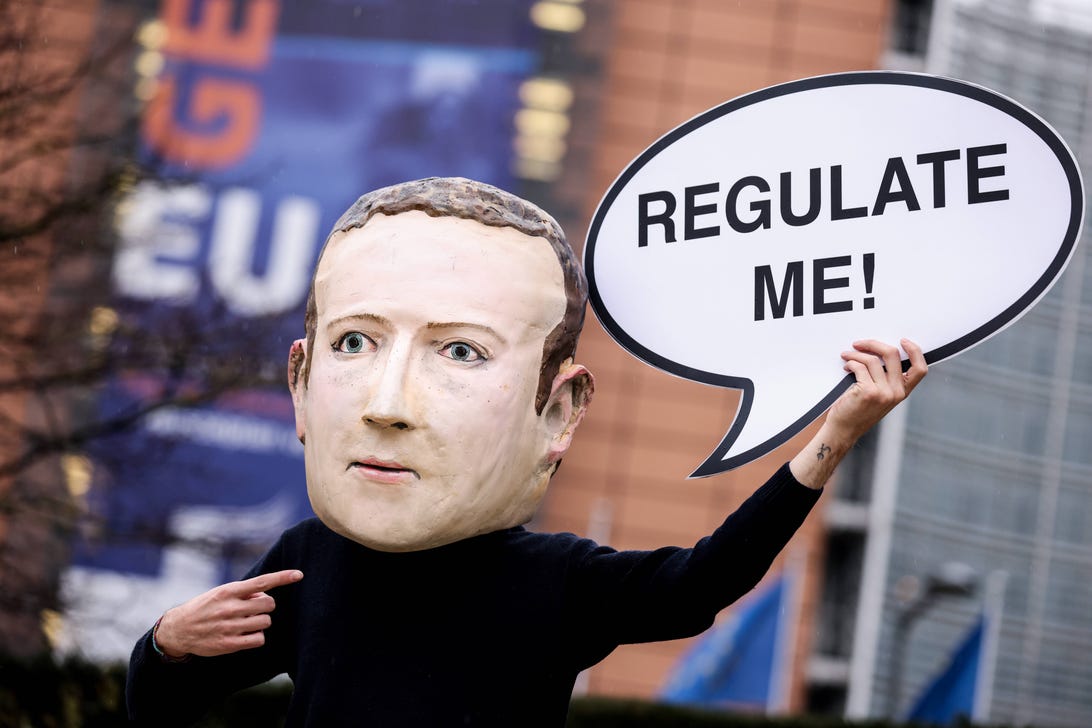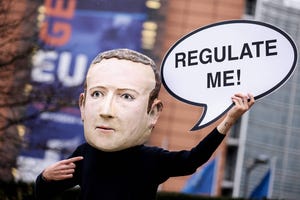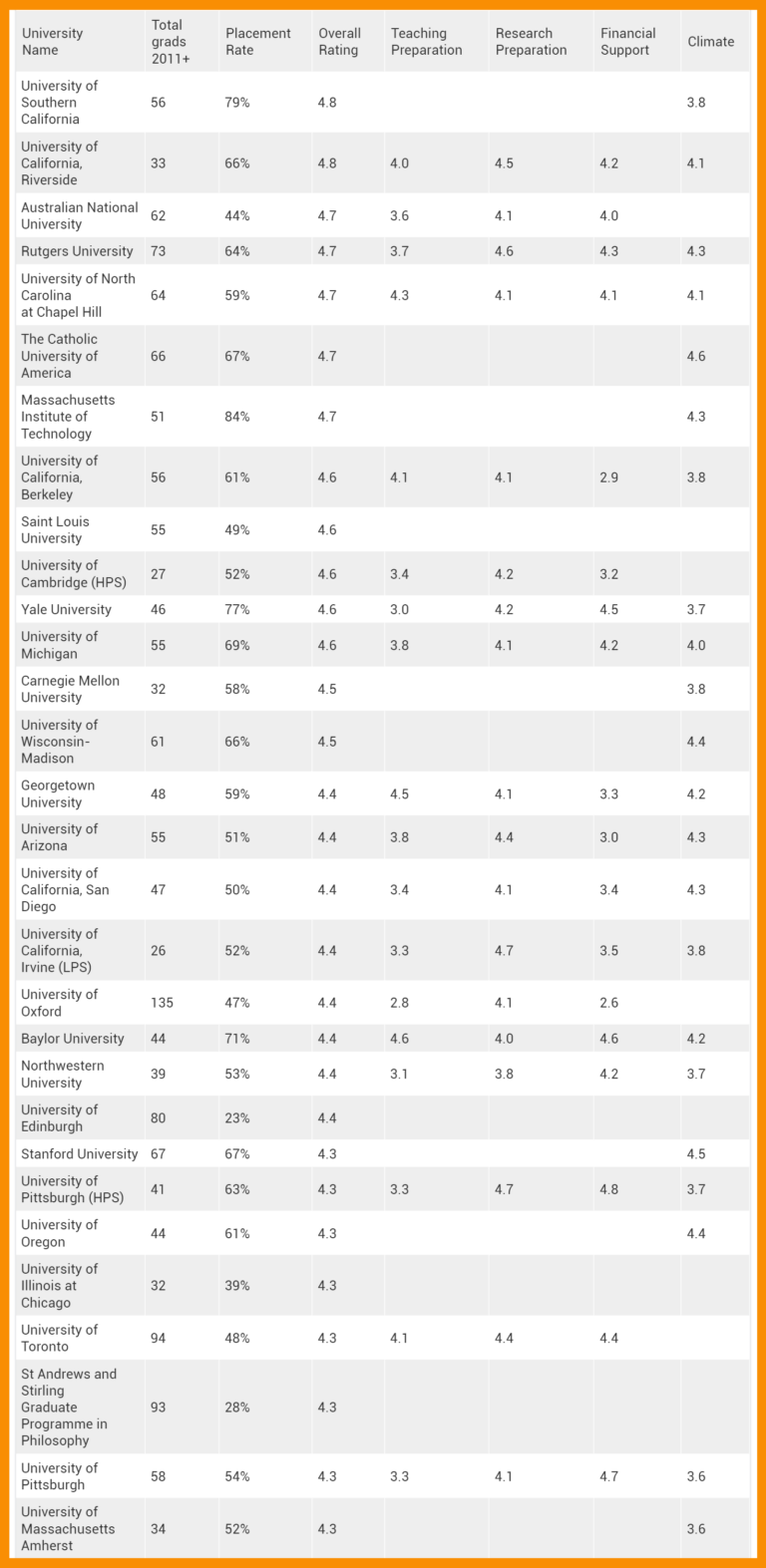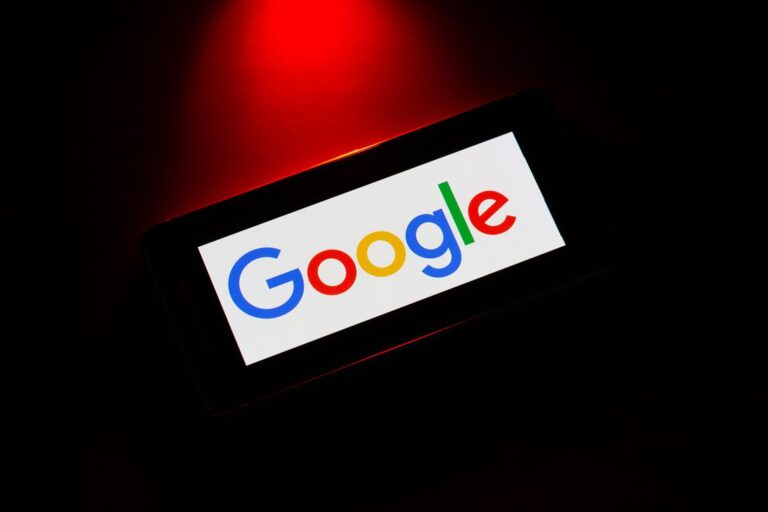
Kenzo Tribouillard/Getty Images
Amazon pointed to comments made this past June by James Waterworth, its EU public policy director. Waterworth said Amazon supports the DSA “introducing regulated obligations to ensure that services act against illegal content.” But such obligations “need to be carefully balanced to provide certainty while allowing flexibility.”
The DSA is one of two pillars of a major tech-regulation overhaul first unveiled in draft form by the EU in December 2020. The other pillar, the Digital Markets Act, received preliminary approval last month and is designed to address issues such as anticompetitive behavior. Both acts still await a final vote, but major changes aren’t expected. The EU has also passed the General Data Protection Regulation, or GDPR, which is designed to give people more control over the collection and sharing of their personal information.
Lawmakers in the European Union reached an agreement Saturday on the basic points of major legislation designed to curb negative impacts from social media sites and other digital platforms.
Read more: Obama Slams Misinformation on Social Media: ‘People Are Dying’
Europe has long taken the lead in efforts to rein in big tech, and both the Digital Services Act and Digital Markets Act could influence efforts by governments worldwide to address problems around major technology platforms. The United States so far hasn’t passed any comprehensive laws to tackle such issues.
An activist wearing a mask depicting Mark Zuckerberg, CEO of Facebook parent Meta, during an action marking the initial announcement of the Digital Services Act in Brussels in 2020.
Twitter said it looks forward to reviewing the DSA in detail and working with the EU. “We support smart, forward thinking regulation that balances the need to tackle online harm with protecting the Open Internet — while also understanding that a one-size-fits all approach fails to consider the diversity of our online environment,” a Twitter spokesperson said in a statement.
Under the DSA, platforms that reach more than 10% of the EU’s population would be subject to independent audits of the steps they’re taking to prevent their systems from being abused, according to a rundown posted by the European Commission. Other steps the law would take include compelling online marketplaces to help identify sellers of illegal goods, and setting up ways for users to flag illegal goods, services or content and for platforms to work with “trusted flaggers.”
TikTok said it’s also awaiting details on the legislation. The company supports the EU’s “aim to harmonise the approach to online content issues” and welcomes the DSA’s “focus on transparency as a means to show accountability,” a TikTok spokesperson said in a statement.
“As the law is finalized and implemented, the details will matter,” a Google spokesperson said in a statement. “We look forward to working with policymakers to get the remaining technical details right to ensure the law works for everyone.” In addition to its massive search engine, Google owns top video site YouTube.
Facebook didn’t respond to a request for comment.
Major tech companies said they support the EU’s goals but that specifics of the legislation are key.
“With the DSA we help create a safe and accountable online environment,” European Commissioner Margrethe Vestager said in a statement. “Platforms should be transparent about their content moderation decisions, prevent dangerous disinformation from going viral and avoid unsafe products being offered on market places. With today’s agreement we ensure that platforms are held accountable for the risks their services can pose to society and citizens.”
The Digital Services Act would, among other things, compel services including Facebook, Google, Twitter and others to crack down on the spread of disinformation on their platforms and to reveal how their algorithms recommend content to users. The DSA would also prohibit certain kinds of ads on the platforms, such as targeted ads aimed at children or tailored to people’s ethnicity or sexual orientation.






